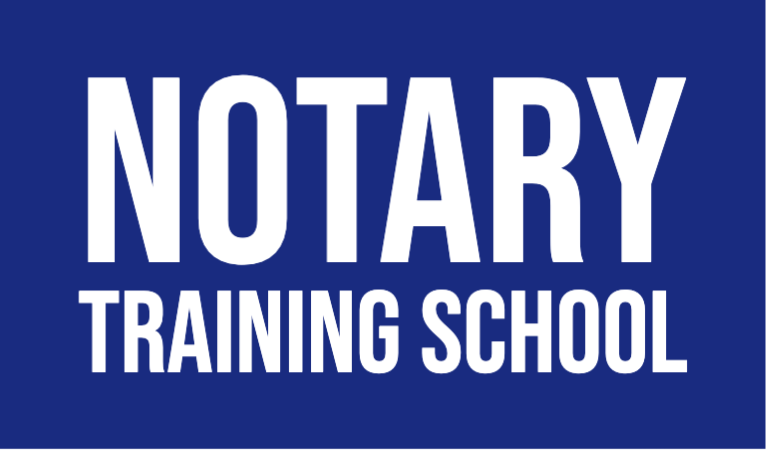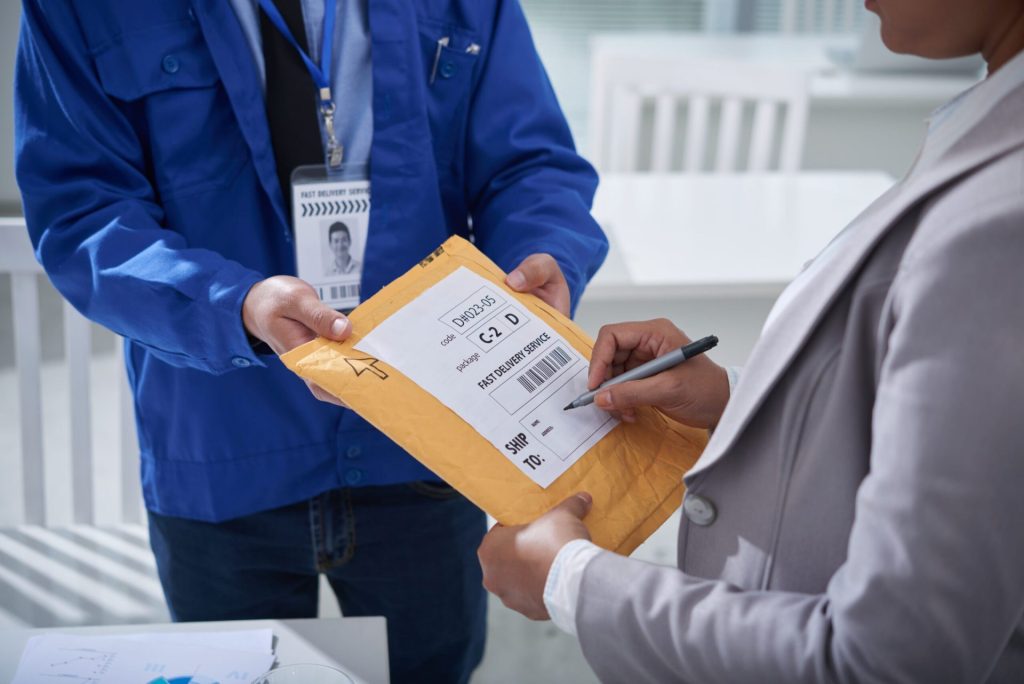Understanding Apostilles: Essential Knowledge for Notary Signing Agents

An apostille is a specialized certificate issued by a designated authority that verifies the authenticity of the origin of a public document. Understanding apostilles is crucial for notary signing agents who often handle documents requiring international recognition. This article will explore what an apostille is, the types of documents that need it, the process of obtaining one, the legal requirements, common challenges, the importance of accuracy, and useful resources for notary signing agents.
Table of Contents
What is an Apostille?

Definition and Origin
An apostille is derived from the French word for certification. It is a form of authentication issued to documents for use in countries that participate in the Hague Apostille Convention of 1961. This convention simplified the process of certifying documents for international use by standardizing the form of authentication across participating countries.
Purpose and Importance
The primary purpose of an apostille is to verify that a document issued in one country can be legally recognized in another, ensuring its authenticity. This is particularly important for legal documents such as birth certificates, marriage licenses, or business contracts that need to be validated abroad. Without an apostille, these documents might not be accepted in foreign countries, which could lead to legal complications and delays in processing.
The Hague Apostille Convention
The Hague Apostille Convention, officially known as the Hague Convention Abolishing the Requirement of Legalisation for Foreign Public Documents, was established to facilitate the international use of public documents. By standardizing the apostille process, the convention has significantly reduced the bureaucratic burden on individuals and businesses involved in international transactions.
Documents that Require an Apostille

Common Types of Documents
Several types of documents commonly require apostille certification:
- Birth Certificates and Death Certificates: These vital records are often required for personal matters such as marriage, dual citizenship, or estate settlements. Apostilles ensure that these documents are recognized abroad for such purposes.
- Marriage Certificates and Divorce Decrees: Used for personal and legal processes, such as remarriage or immigration applications. Having these documents apostilled facilitates their acceptance in foreign jurisdictions.
- Educational Documents: Diplomas, transcripts, and other academic records needed for international education or employment. Apostilles help in verifying the authenticity of these documents, making it easier for individuals to pursue opportunities abroad.
- Power of Attorney: Legal documents granting authority to act on behalf of another person in international transactions. Apostilles ensure that these powers are recognized in other countries.
- Business Documents: Articles of incorporation, corporate resolutions, and other documents used in international business dealings. Apostilles provide the necessary validation for these documents to be used in global trade and commerce.
Importance of Apostille for These Documents
Apostilles ensure these documents are legally recognized and accepted in foreign countries, facilitating smooth international operations and personal matters. Without an apostille, individuals and businesses might face significant challenges in getting their documents accepted abroad, leading to potential legal and financial setbacks.
The Apostille Process Explained
Step-by-Step Process
Obtaining an apostille involves several steps:
- Preparation of the Document: Ensure the document is complete and properly notarized if required. This step is crucial as any errors or omissions can lead to delays or rejection of the apostille application.
- Submission to a Competent Authority: The document must be submitted to a designated authority, typically the Secretary of State’s office in the state where the document was issued. Each state has specific procedures and requirements for this submission.
- Verification and Certification: The competent authority verifies the authenticity of the document and the notary’s signature before issuing the apostille certificate. This step ensures that the document meets all the necessary criteria for international recognition.
Role of Notary Signing Agents
Notary signing agents play a crucial role in this process by ensuring documents are properly notarized and ready for apostille certification. They must be meticulous in their work to ensure that all details are accurate and complete. This helps prevent delays and rejections during the apostille certification process.
State Variations
The process can vary slightly between states, but the fundamental steps remain consistent. It’s important for notary signing agents to be familiar with the specific requirements and procedures in their state to provide accurate guidance to their clients.
Legal Requirements for Apostilles in the U.S.

Overview of U.S. Laws and Regulations
In the U.S., the legal framework for apostilles is governed by the Hague Convention and state-specific regulations. Each state has a designated authority, usually the Secretary of State, responsible for issuing apostilles. Understanding these laws and regulations is essential for notary signing agents to ensure compliance and accurate processing of apostille requests.
Common Requirements
Common requirements include:
- The document must be a public document issued by a recognized authority.
- Notarized documents must be properly notarized by a commissioned notary public.
- Submission of an application form and payment of the required fee.
State-Specific Variations
State-specific variations may include different application forms, fees, and processing times. It’s essential for notary signing agents to be familiar with the requirements in their respective states to ensure smooth processing. Some states may have additional steps or specific forms that need to be completed, so agents should stay informed about these details.
Role of the Secretary of State
The Secretary of State’s office in each state is typically responsible for issuing apostilles. They verify the authenticity of the documents and ensure that all legal requirements are met before issuing the apostille certificate. Understanding the role and procedures of the Secretary of State’s office is crucial for notary signing agents.
Challenges and Common Issues in Apostille Certification

Common Challenges
Notary signing agents often encounter several challenges in the apostille certification process:
- Incomplete or Incorrect Documentation: Missing information or errors in the document can lead to rejection. Ensuring that all necessary details are included and accurate is crucial.
- Notary Errors: Mistakes in notarization, such as incorrect seals or signatures, can invalidate the document. Notary signing agents must be meticulous in their work to prevent these errors.
- State-Specific Variations: Different states have unique requirements, making it challenging to navigate the process uniformly. Agents need to be aware of these variations and adjust their procedures accordingly.
Tips for Avoiding Issues
To avoid these issues, agents should double-check documents for completeness and accuracy, stay updated on state-specific requirements, and educate clients on the importance of proper documentation. Providing clients with clear instructions and checklists can also help prevent common mistakes.
Case Studies and Examples
Providing case studies or examples of common mistakes can help illustrate the challenges and solutions in the apostille certification process. These real-world examples can be valuable learning tools for notary signing agents.
The Importance of Accurate Documentation
Significance of Accuracy
Accuracy in document preparation is paramount for successful apostille certification. Errors can lead to delays, additional costs, and legal complications in international transactions. Notary signing agents should prioritize accuracy to ensure smooth processing of apostille requests.
Impact of Errors
Errors in documentation can have significant impacts, including delays in processing, rejection of the apostille application, and potential legal complications. Inaccurate documents can also cause issues in the foreign country where they are intended to be used.
Best Practices for Ensuring Accuracy
Notary signing agents should:
- Verify all details before notarization.
- Ensure the document is correctly notarized.
- Confirm all required information is included.
By following these best practices, agents can minimize errors and ensure that documents are prepared accurately and completely.
Resources and Tools for Notary Signing Agents
Recommended Resources
Notary signing agents can utilize several resources to stay informed and proficient in handling apostilles:
- Official State Websites: For specific requirements and application forms. These websites provide up-to-date information on the apostille process in each state.
- Professional Associations: Organizations like the National Notary Association provide valuable information and support. These associations offer resources, training, and networking opportunities for notary signing agents.
- Online Training Programs: Notary Training School offers an apostille training program.
Useful Tools and Websites
Several tools and websites can assist notary signing agents in managing apostille requests:
- State Government Websites: These sites often have detailed instructions and forms for apostille applications.
- National Notary Association: Provides resources, guidelines, and support for notary signing agents.
- Legal and Professional Networks: Online forums and professional networks can be valuable sources of information and advice from experienced notaries.
Conclusion
Understanding apostilles is essential for notary signing agents who facilitate international document authentication. By familiarizing themselves with the types of documents requiring apostilles, the certification process, legal requirements, and common challenges, agents can ensure accurate and efficient handling of apostilles. Utilizing available resources and maintaining meticulous documentation practices will further enhance their proficiency and reliability in this critical aspect of notary services. Staying informed and continuously improving their skills will enable notary signing agents to provide exceptional service and support to their clients in the global arena.






Responses